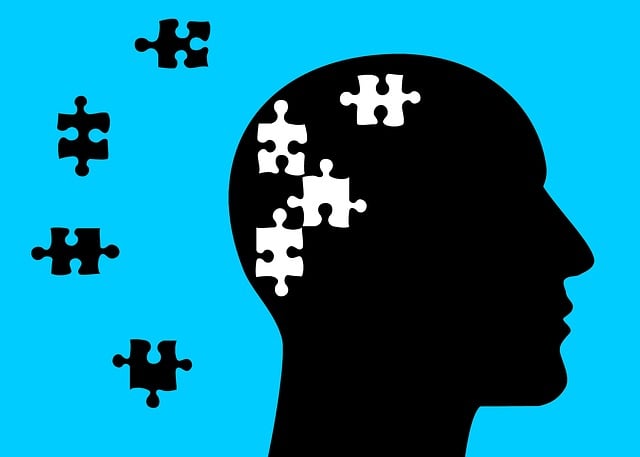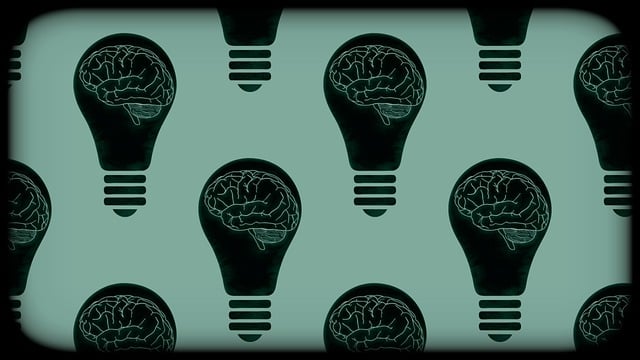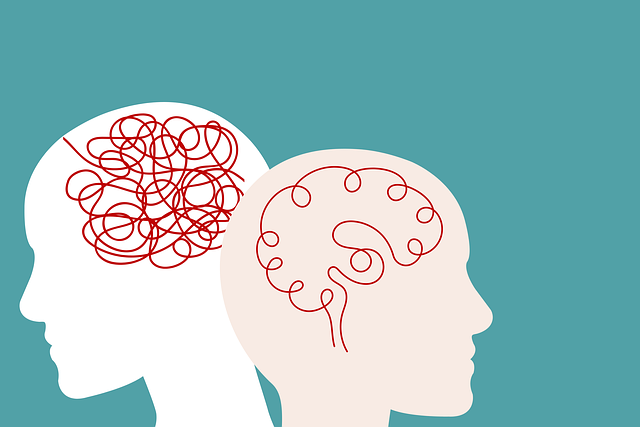Lafayette Crisis Counseling Therapy provides evidence-based emotion regulation techniques, teaching individuals to manage feelings effectively through cognitive restructuring, mindfulness, and stress management. This holistic approach enhances resilience, improves mood, and boosts life satisfaction by empowering people to recognize triggers, develop healthy coping strategies, and express emotions constructively. Targeting healthcare providers specifically, the program fosters burnout resistance and improves professional performance. Integrating these skills into daily life, as demonstrated by Lafayette Crisis Counseling Therapy, promises enhanced emotional well-being and stronger relationships.
Emotion regulation techniques are essential tools for navigating life’s challenges. This comprehensive guide explores the significance of emotional intelligence and its impact on mental well-being, focusing on the role of Lafayette Crisis Counseling Therapy (LCCT) in teaching effective strategies. We delve into key components of successful emotion regulation, practical applications for daily life, and the profound benefits—as well as potential challenges—of incorporating these skills. Discover how LCCT empowers individuals to transform their emotional responses, fostering resilience and enhancing overall quality of life.
- Understanding Emotion Regulation and its Significance
- The Role of Lafayette Crisis Counseling Therapy in Teaching Techniques
- Key Components of Effective Emotion Regulation Strategies
- Practical Applications: Implementing Techniques in Daily Life
- Benefits, Challenges, and Future Prospects of Emotion Regulation Education
Understanding Emotion Regulation and its Significance

Emotion regulation is a vital skill that enables individuals to navigate their feelings effectively, fostering mental well-being and overall life satisfaction. It’s about understanding, managing, and modifying emotional responses in various situations, ensuring they remain appropriate and constructive. This process involves recognizing triggers, developing strategies to cope with intense emotions, and learning when to express them healthily.
At Lafayette Crisis Counseling Therapy, we emphasize the significance of emotion regulation as a cornerstone of holistic mental health care. By teaching individuals techniques to manage their emotions, we enhance their resilience building and promote positive thinking. Effective emotion regulation strategies also play a key role in mood management, allowing people to maintain emotional balance and improve their overall quality of life.
The Role of Lafayette Crisis Counseling Therapy in Teaching Techniques

Lafayette Crisis Counseling Therapy plays a pivotal role in teaching effective emotion regulation techniques. This therapeutic approach goes beyond immediate crisis resolution; it equips individuals with long-lasting coping mechanisms to navigate emotional challenges. By integrating evidence-based practices, Lafayette Crisis Counseling offers a holistic framework that combines cognitive restructuring, mindfulness training, and stress management skills. These techniques are particularly valuable for healthcare providers who often face high-stress environments and the risk of burnout.
The program’s focus on crisis intervention guidance enables participants to recognize emotional triggers, develop healthier responses, and foster resilience. Through interactive sessions, individuals learn to identify early warning signs of distress, apply calming strategies, and effectively communicate their needs. This proactive approach not only enhances overall well-being but also serves as a powerful tool for burnout prevention, ensuring professionals can better manage stress and maintain optimal performance in their respective fields.
Key Components of Effective Emotion Regulation Strategies

Emotion regulation techniques teaching involves equipping individuals with essential tools to manage and understand their feelings effectively. Key components of successful strategies include self-awareness, where individuals learn to recognize and label their emotions accurately. This is a crucial step, often facilitated by Lafayette Crisis Counseling Therapy, enabling folks to identify when they’re experiencing heightened emotions.
Additionally, teaching emotional regulation involves developing strategies for responding to these emotions in healthy ways. This encompasses skills like mindfulness, which helps individuals stay grounded in the present moment, and cognitive restructuring, where they challenge negative thought patterns. Integrating these techniques into daily life, through practices such as stress management and risk management planning for mental health professionals, can significantly enhance crisis intervention guidance, empowering folks to navigate challenging emotions with greater ease.
Practical Applications: Implementing Techniques in Daily Life

Emotion regulation techniques learned through Lafayette Crisis Counseling Therapy can be incredibly practical and impactful in everyday life. By integrating these strategies, individuals equipped with coping skills development tools can better navigate challenging situations and maintain emotional well-being. This includes practicing mindfulness to stay grounded in the present moment, fostering inner strength development for resilience against stress and adversity, and utilizing cognitive reframing to challenge negative thought patterns.
Additionally, these techniques play a vital role in burnout prevention. By effectively managing emotions, individuals can reduce the risk of exhaustion and enhance their ability to cope with demanding circumstances. Whether at work, home, or in social settings, the practical applications extend beyond therapy sessions, empowering people to lead more balanced and fulfilling lives.
Benefits, Challenges, and Future Prospects of Emotion Regulation Education

Emotion regulation education offers a plethora of benefits, serving as a game-changer in personal growth and mental well-being. By equipping individuals with the tools to navigate their emotions effectively, this process fosters improved mental resilience, enhances relationships through empathy building strategies, and promotes overall life satisfaction. Lafayette Crisis Counseling Therapy, for instance, has seen success in teaching clients various stress reduction methods, enabling them to manage challenging situations more constructively.
Despite its advantages, emotion regulation education isn’t without challenges. Implementing these teachings requires dedicated effort and consistent practice. Individuals might struggle with identifying and expressing their emotions healthily, especially those with past traumatic experiences needing Trauma Support Services. However, the future prospects remain promising. With ongoing research and innovative approaches, such as integrating technology for personalized learning, emotion regulation education is poised to become an integral part of comprehensive mental health care, further refining Stress Reduction Methods and enhancing individuals’ ability to thrive in their personal and professional lives.
Emotion regulation techniques, as facilitated by Lafayette Crisis Counseling Therapy, offer a powerful tool for enhancing mental well-being. By understanding the significance of emotional control and implementing effective strategies, individuals can navigate life’s challenges with greater resilience. Practical applications demonstrate the value of these techniques in daily routines, leading to improved coping mechanisms and overall quality of life. Despite potential challenges, the growing body of research highlights promising future prospects for emotion regulation education, making it an increasingly important aspect of holistic well-being.














